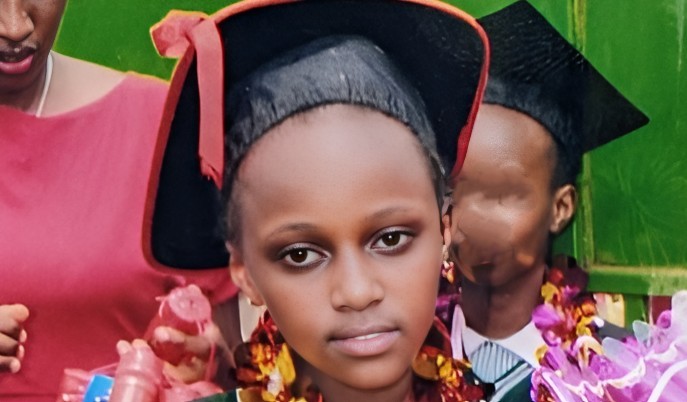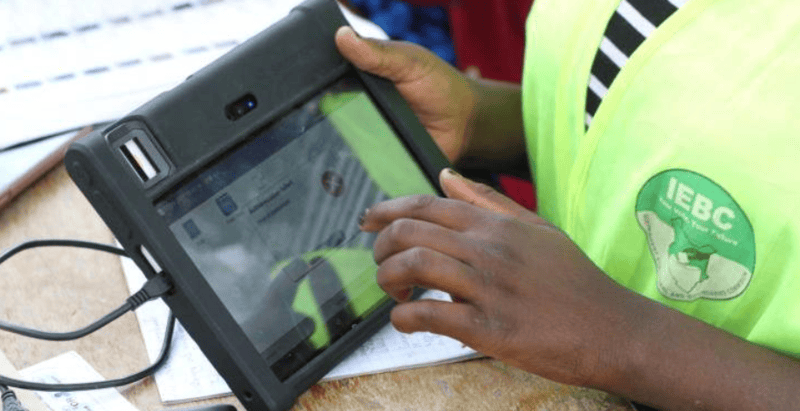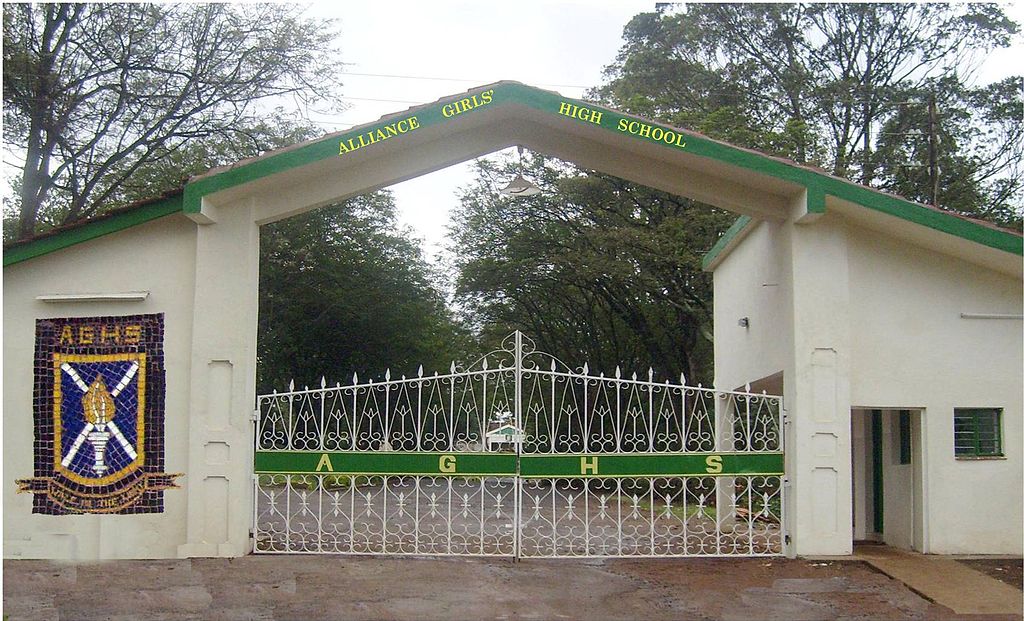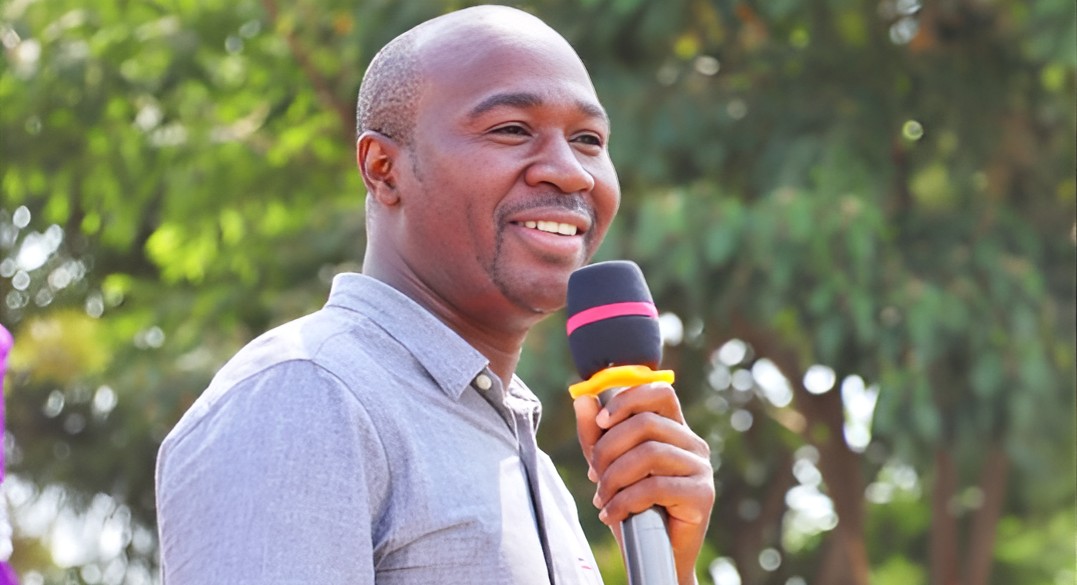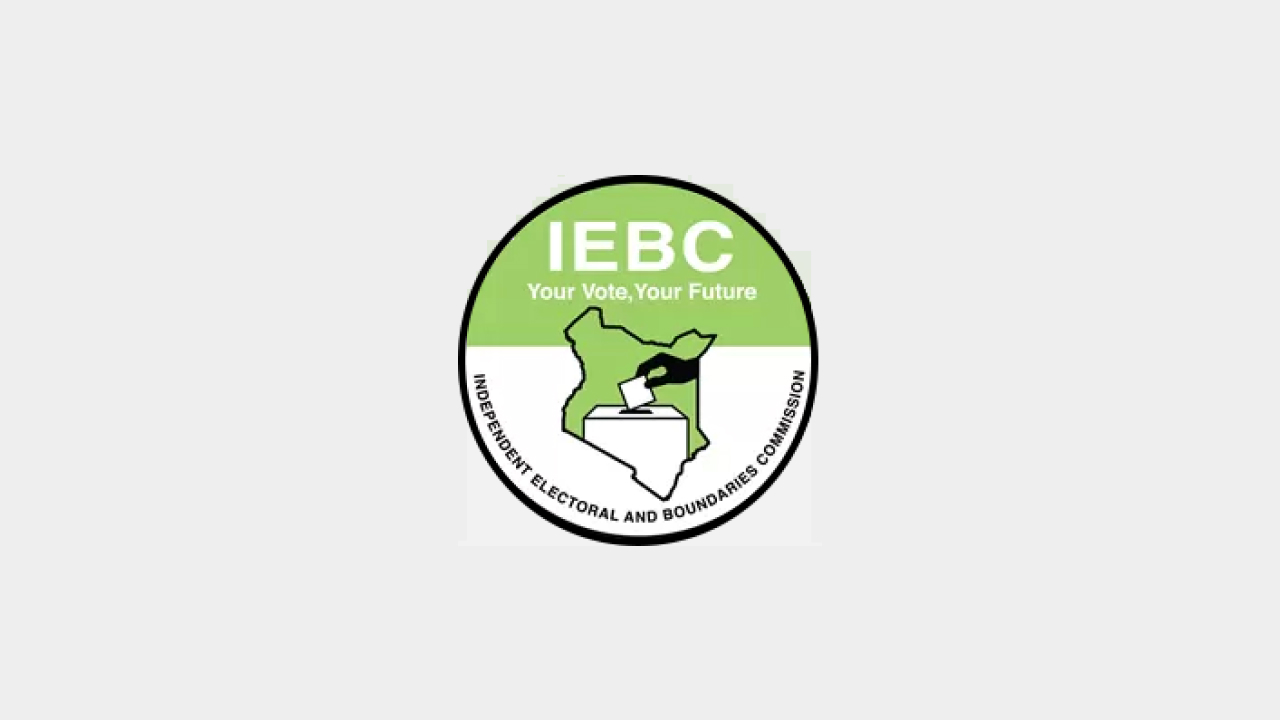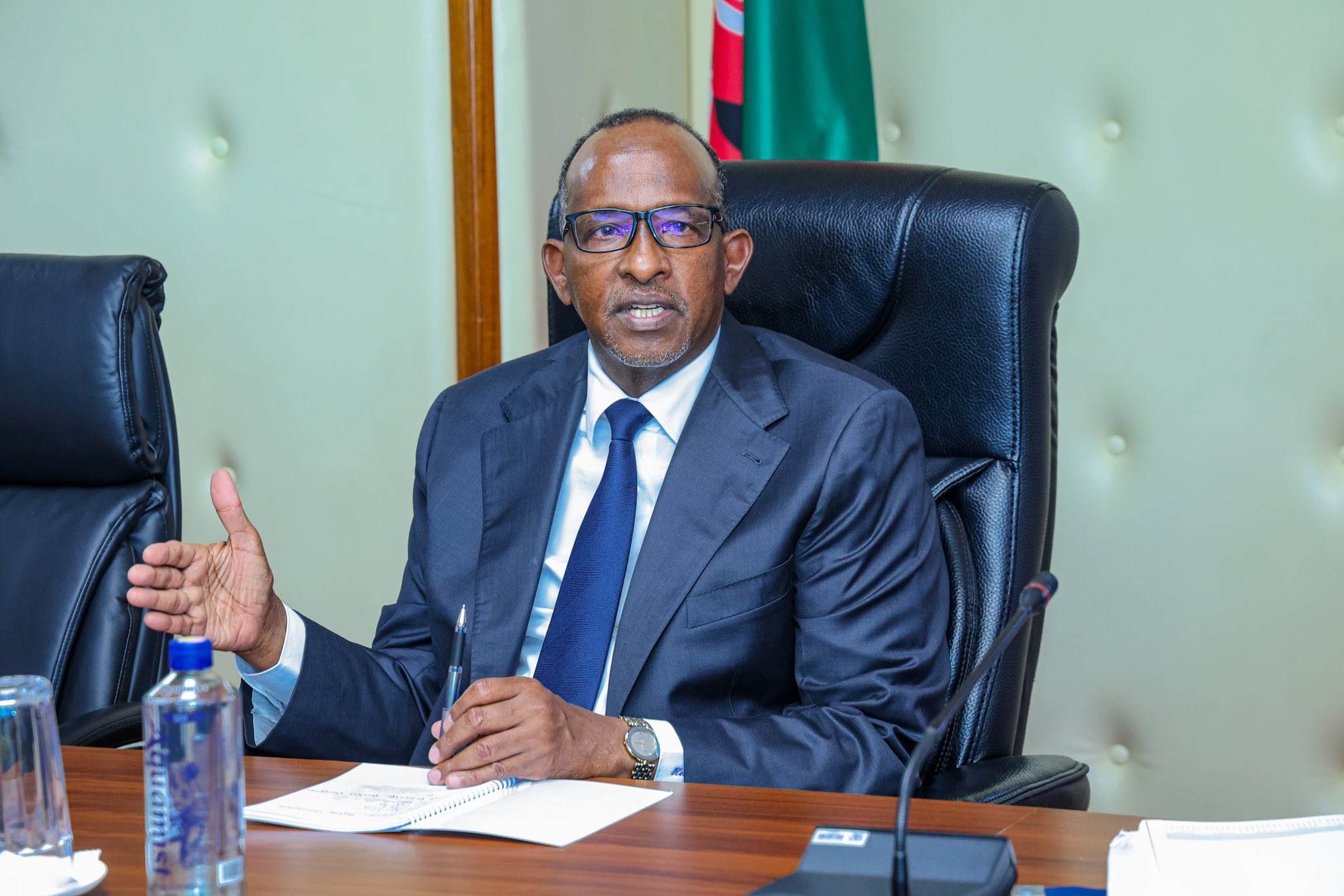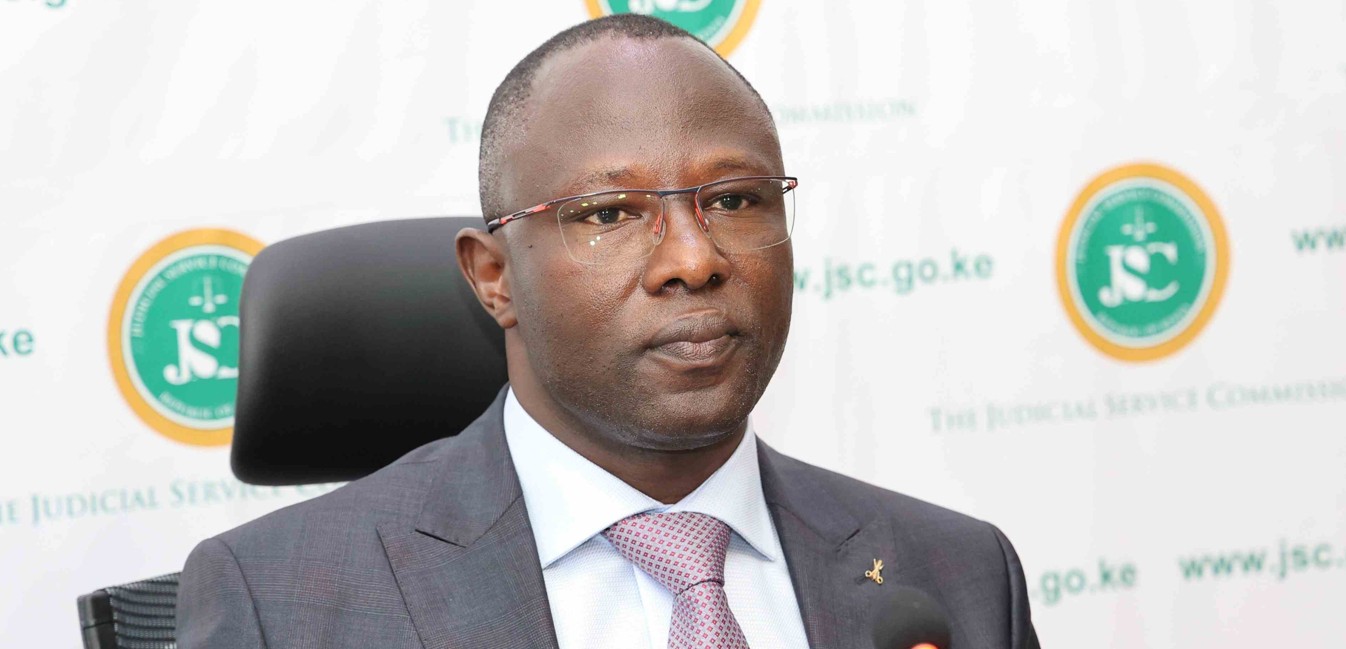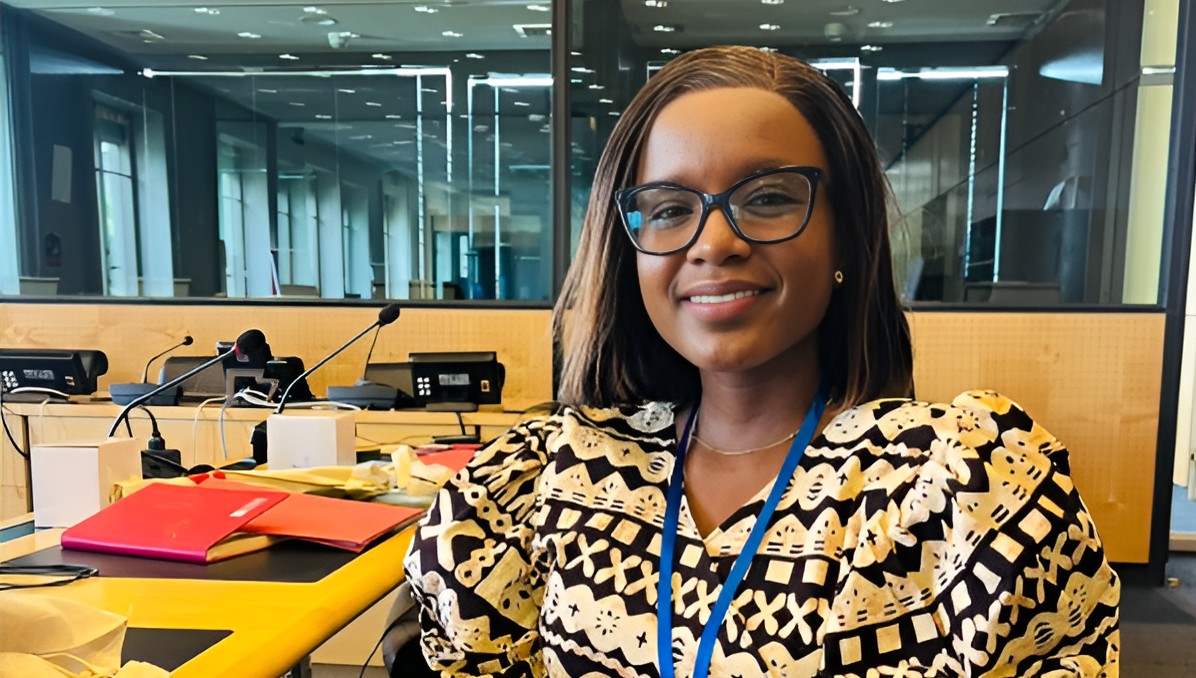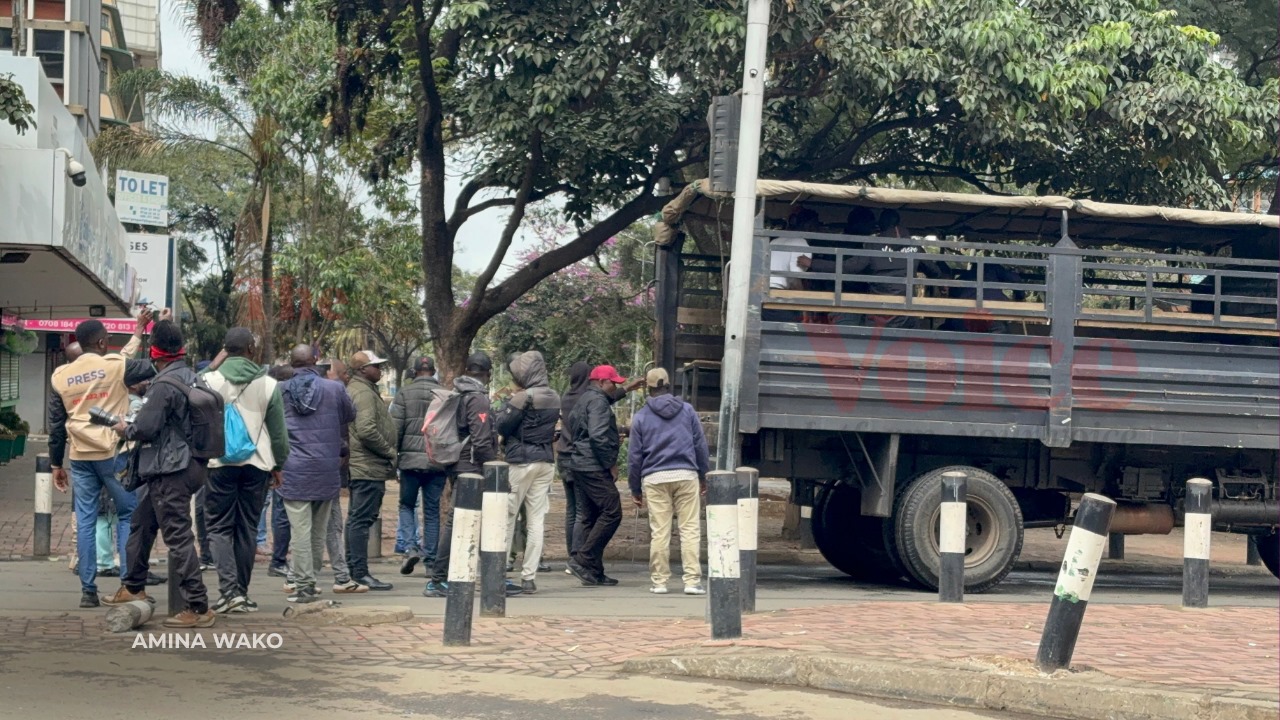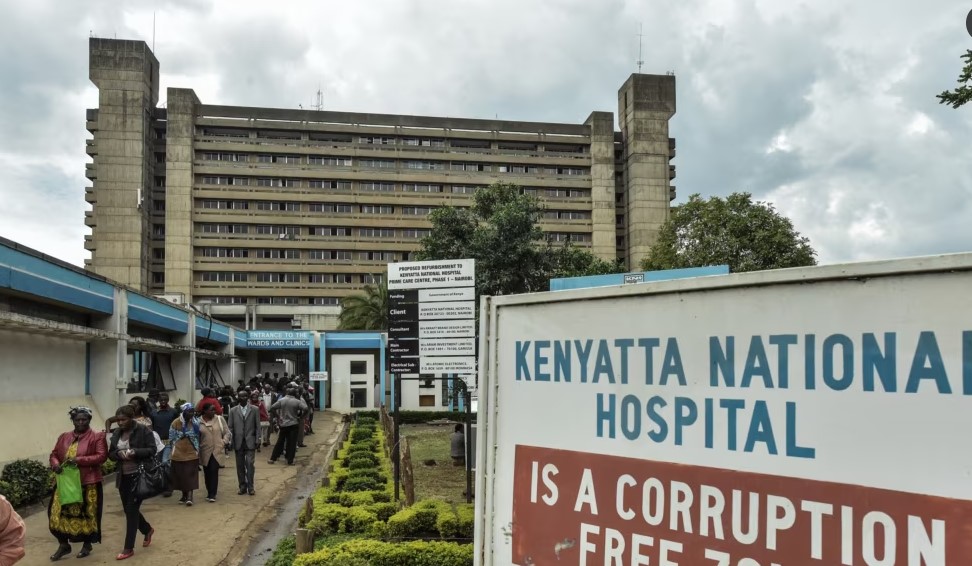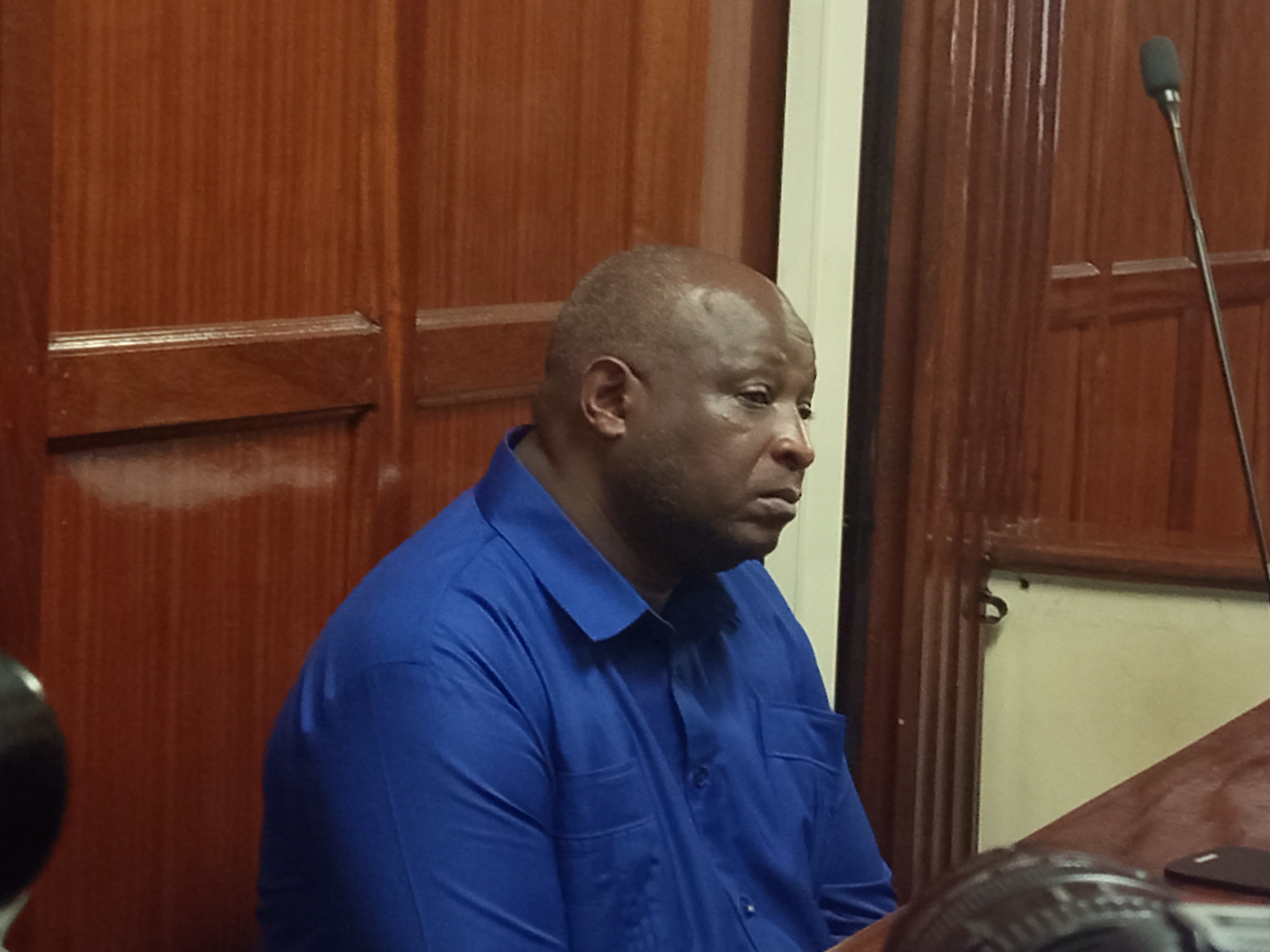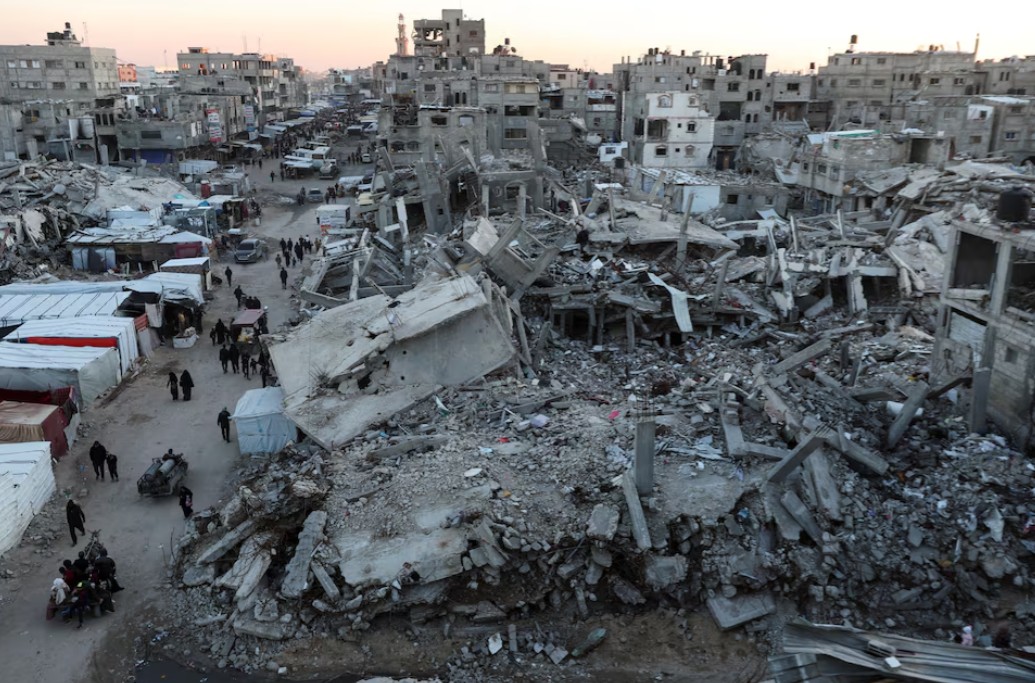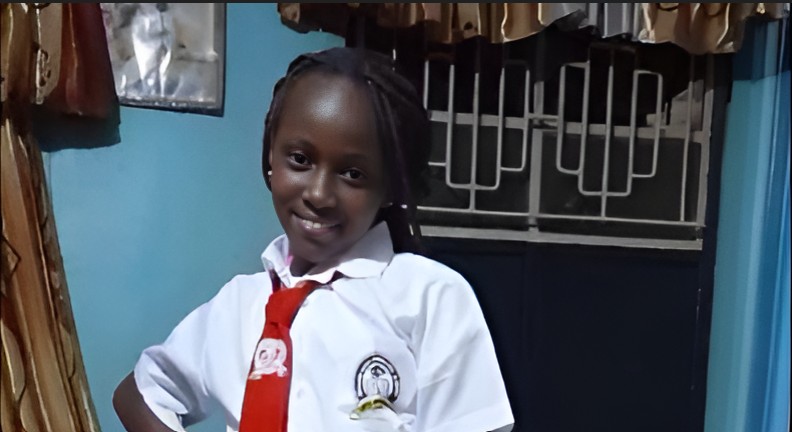LSK, rights groups condemn deployment of masked police officers during Saba Saba protests

They said the deployment of heavily armed officers with concealed identities breached the law and existing court orders.
The Law Society of Kenya and the Police Reforms Working Group have accused the government of deploying armed, hooded police officers in violation of the Constitution during Monday’s Saba Saba Day protests, which turned deadly across the country.
In a statement, the two organisations said the deployment of heavily armed officers with concealed identities breached the law and existing court orders.
More To Read
- Kenyan youth leader confronts UN in Geneva, demands action over protest deaths
- Manyatta MP Gitonga Mukunji says arrest was politically motivated as Embu erupts in protest
- UN raises alarm over Kenya’s use of lethal force during Saba Saba demos, urges accountability
- Vocal Africa accuses Murkomen of sanctioning lethal force as Saba Saba death toll rises
- Saba Saba tragedy: 12-year-old Bridgit Njok killed by stray bullet while watching TV
- NCIC blames youth exclusion, poor leadership for deadly Gen Z protests, urges national dialogue
They argued that the use of such masked police officers, who moved in unmarked vehicles and carried military-grade weapons, violated Article 37 of the Constitution, the National Police Service Act, and the Public Order Act.
“It is particularly worrying that these squads and their Subarus were seen in areas like Ngong Town, Kajiado, where the death toll was highest three,” the statement read.
The groups condemned the use of excessive force, including water cannons used on crowds in places like Kitengela and Kikuyu.
They said the Kenya Defence Forces were deployed in Kayole and Naivasha, raising more concerns about the militarised response to public protests.
“The use of lethal and less-lethal force was observed throughout several affected counties,” the statement added.
They also criticised the state’s failure to protect protesters and bystanders, stating that armed gangs attacked civilians and businesses without police intervention.
In some areas, the statement said, the crackdown made it nearly impossible for people to access emergency medical help, especially in Nairobi's densely populated estates.
“Tragically, once again, nine families will be receiving the news of the deaths of their loved ones, and others will be receiving others with injuries,” the groups said.
They also faulted Interior and Public Service Cabinet Secretaries for giving earlier assurances that protests would be facilitated, only for the security agencies to respond with force.
“Today’s actions contradicted earlier assurances by Interior and Public Service Cabinet Secretaries, who had pledged to facilitate protests and warned civil servants against absenteeism,” they said.
The Kenya National Commission on Human Rights confirmed that at least 10 people were shot dead during the protests, while the National Police Service put the death toll at 11.
The demonstrations, which took place in 20 out of the country’s 47 counties, were part of the 35th anniversary of Saba Saba Day, a date that commemorates the 1990 protests that played a key role in the fight for democracy and multiparty politics in Kenya.
The affected counties included Nairobi, Kajiado, Nyeri, Mombasa, Kisii, Embu, Kisumu, Kiambu, Meru, Nakuru, Nyandarua, Vihiga, Narok, Kirinyaga, Uasin Gishu, Tharaka Nithi, Makueni, Laikipia, and Kakamega.
Monday’s protests were marred by road closures, business shutdowns, and restricted movement. Major roads into Nairobi were blocked, leaving many travellers stranded, especially those coming from Mombasa.
Top Stories Today
